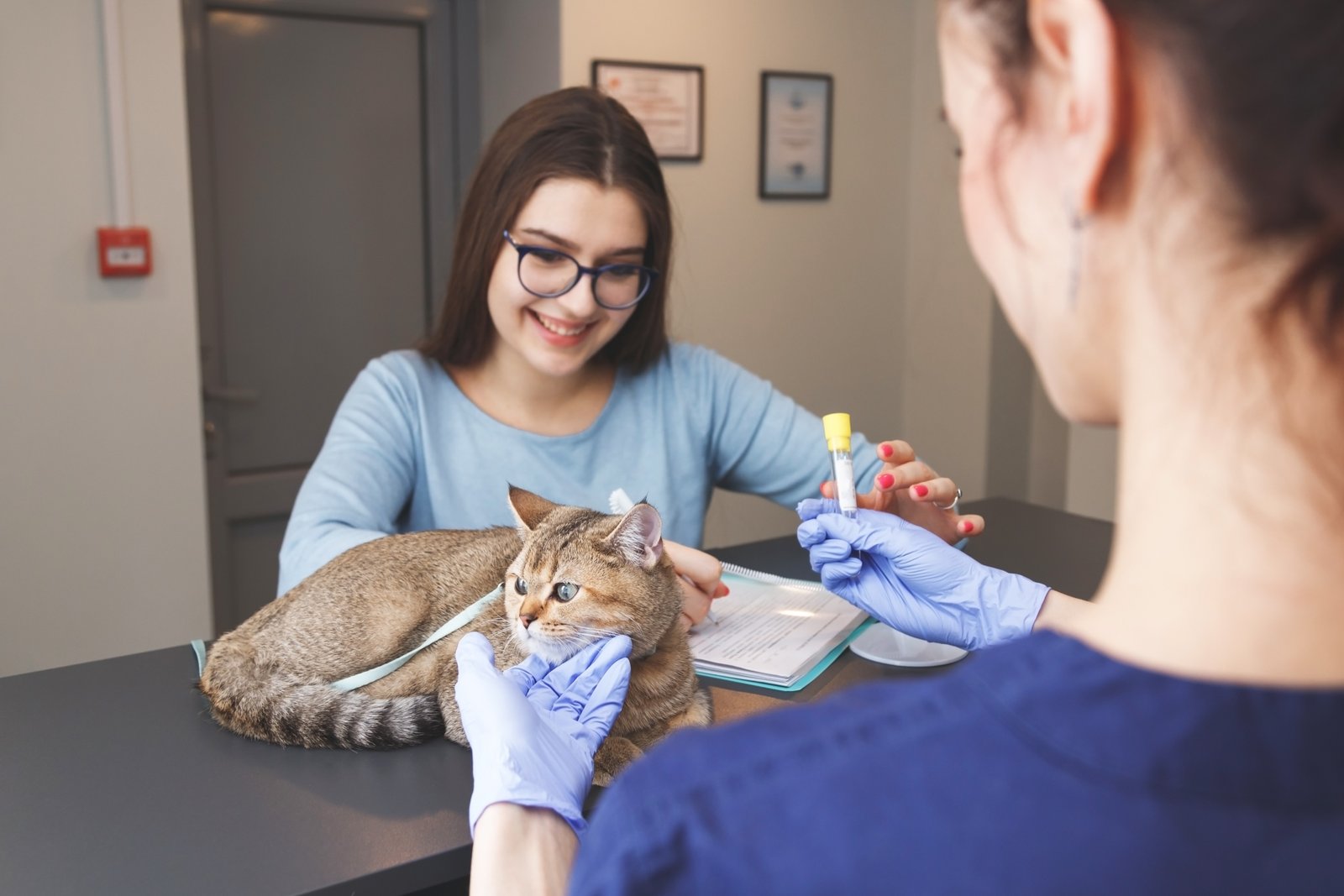Homeopathy for Pets: Safe treatments for furry family members
Pets are beloved members of our families, and their health and well-being are of utmost importance to pet owners. Homeopathy, a gentle and natural form of medicine, offers safe and effective treatments for pets, providing holistic care for a variety of health issues. In this blog, we will explore the benefits of using homeopathy for pets, discuss common remedies used in veterinary homeopathy, and highlight how this alternative medicine can support the health and vitality of our furry companions.
Understanding Homeopathy for Pets
1. Holistic Care: Homeopathy treats pets as whole beings, considering their physical symptoms, emotional well-being, and overall constitution. This holistic approach aims to address underlying imbalances and promote the body’s innate healing abilities.
2. Safe and Gentle: Homeopathic remedies for pets are natural, non-toxic, and free from side effects, making them a safe alternative to conventional medications. They can be safely used alongside other veterinary treatments.
Using Homeopathy for Pets
1. Common Pet Conditions: Homeopathy can be beneficial for a wide range of conditions in pets, including skin allergies, digestive issues, anxiety, arthritis, and respiratory problems. Common remedies used in veterinary homeopathy include:
-
-
-
-
Aconitum napellus: Aconite is used for acute conditions, fear, and shock in pets.
-
Arnica montana: Arnica is an excellent remedy for trauma, bruises, and injuries in pets.
-
Nux vomica: Nux vomica is beneficial for digestive issues, indigestion, and vomiting in pets.
-
-
-
2. Behavioral Support: Homeopathy can also help address behavioral problems in pets such as separation anxiety, aggression, fearfulness, and compulsive behaviors. Remedies like Ignatia, Pulsatilla, and Lycopodium can provide emotional support and balance for pets experiencing behavioral issues.
Consult a Veterinary Homeopath for Personalized Care
1. Professional Guidance: When considering homeopathy for pets, it is important to consult a qualified veterinary homeopath who can assess the pet’s health, history, and symptoms to recommend appropriate remedies and treatment plans.
2. Integration with Conventional Medicine: Homeopathy can complement traditional veterinary care and offer additional support for pets with chronic or recurring health issues. Collaboration between veterinary homeopaths and conventional veterinarians can ensure comprehensive care for pets.
Conclusion
Homeopathy provides pet owners with a safe and natural option for treating a variety of health conditions and supporting the well-being of their furry family members. By offering holistic care, addressing both physical and emotional aspects of health, and using gentle remedies without side effects, homeopathy can be a valuable addition to the healthcare regimen for pets. Consulting a qualified veterinary homeopath and integrating homeopathy with conventional veterinary medicine can help pet owners provide optimal care for their pets, promoting their health and vitality for years to come.



